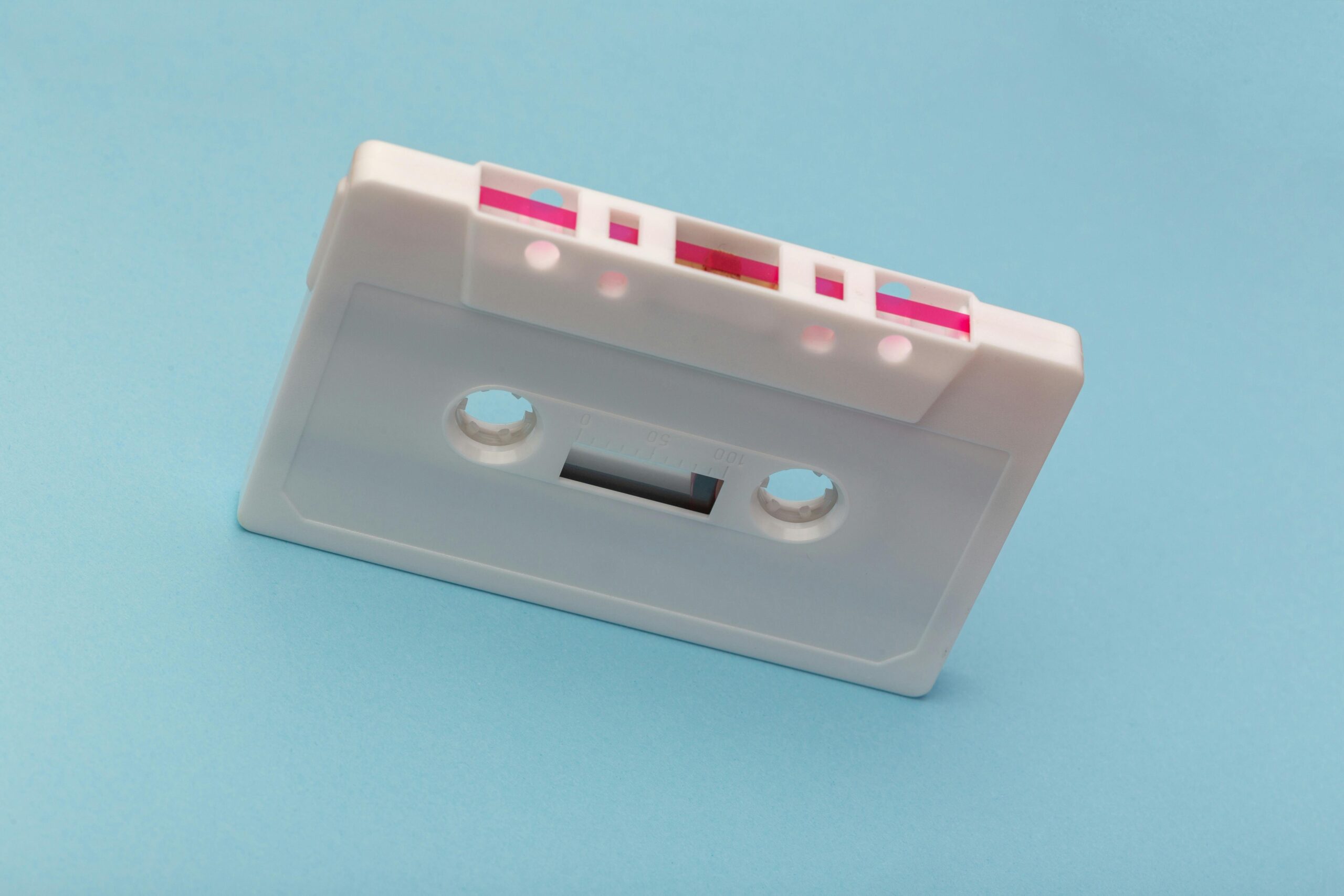"I secretly recorded on my cell phone my supervisor yelling at me at work and humiliating me for no reason." / "I taped a phone conversation with the landlord in which he admits that the reason for the termination of the lease is not that he needs the apartment to live in, but that the apartment is easier to sell this way." Can such video/audio recordings be used as evidence in court proceedings?
What does the law say?
Taking and using video or audio recordings of another person without their permission constitutes an invasion of that person's privacy, i.e. an invasion of their right to privacy. No one may invade another's privacy unless they have a lawful reason to do so. However, there are some exceptions to this rule. One is the acquisition and use of another person's records to enforce or protect the rights or legitimate interests of others. However, it should be borne in mind that even where the law permits the making and use of such a recording, it cannot be done so in a disproportionate manner contrary to the legitimate interests of the person. In general, it is not possible to record or photograph a stranger and use the recording or photo without their consent, but in certain exceptional circumstances it is possible. Such an exceptional circumstance is, for example, the protection of our rights and legally protected interests.
So can I use the recording as evidence in court?
The case law on this issue is still evolving. While it used to be the case that evidence interfering with the rights of another person is illegal and cannot be used as such, currently the courts have a different view. According to current jurisprudence, an audio or video recording relating to a person or his expressions of a personal nature, made by a private person without the knowledge and consent of the recorded person, can be used as evidence in civil court proceedings under certain conditions. The condition of such use is that
- such evidence is intended to lead to the proof of an essential fact that cannot be proven otherwise; and
- there is prevailing interest in enabling evidence over interest in protection of personality (the circumstances of the case lead to the conclusion that the right to protect the personality of the person concerned cannot be prioritized over the right to a fair trial of the one to whose benefit the use of evidence of audio or video recording relating to this person or his expressions of a personal nature is beneficial).
Examples::
- The employee was dismissed due to redundancy. During the notice period, he blackmailed his superiors and threatened to take legal action against the employer, which would damage him financially and prevent him from receiving an important subsidy unless he got another job with him. The persons who dealt with the employee on behalf of the employer recorded his blackmail. Following this, the employees served notice of immediate termination of employment. The employee defended himself against this in court by suing for the invalidity of the notice and the immediate termination of the employment relationship. When it came to proving a gross breach of the employee's duties (prerequisites for immediate termination of employment), the employee objected to the inadmissibility of the recording evidence, as it was taken without his consent. The case reached the Supreme Court, which applied a proportionality test: balancing the employee's right to privacy against the employer's right to a fair trial, where the evidence can help prove its claim and lead to its success in the dispute. The Supreme Court stated that evidence obtained in violation of legal regulations can be used if the proof of the given fact cannot be achieved by other evidence (which does not interfere with the absolute personality rights of the person concerned). In this case, it was possible to prove extortion by the employee through witness statements of people who were present - that's why the recording evidence was not admitted in the given case .
- On the contrary, the recording was admitted in a dispute over the invalidity of a termination of employment due to redundancy, where the plaintiff was an employee. With the recording, he wanted to prove that the real reason for the dismissal was not the alleged organizational change, but criticism of the employee by his superior. There was no other direct evidence to prove the real (employee-claimed) reason for the termination. The use of the recording was further justified by the interest in protecting the employee as a weaker party who is at risk of serious harm (loss of employment). The recording evidence was admitted.
- Courts have further held that when Person A calls Person B on the phone, and Person B records the phone call, that recording is admissible as evidence unless Person A objects to the recording of the call. The fact that the call is being recorded does not need to be specially notified to the called party. As the caller addresses the called party, he/she gives an impetus to communication and thus actually enters into the privacy of the called party with all the consequences. It is common knowledge that there are a number of technical options for recording telephone calls, and therefore the tacit consent of the caller to the possibility of recording (if they do not express their consent) can be inferred. Evidence of a recording of a telephone conversation with the caller is also admissible.
- The last case involved the use of a recording of a conversation between several partners of a business company arguing about a transaction the company should have made. Courts have held that it is not speech of a personal nature, but that it records speech occurring in the course of business. Therefore, the acquisition and use of the recording does not interfere with the personal rights of the recorded persons. The evidence was therefore admissible.
Conclusion:
In some cases, a video or audio recording of another person taken without their permission may be admissible as evidence in a civil proceeding, sometimes it may not be. It depends on whether:
- it is an expression of a personal nature: if so, other conditions must be met for its admissibility; if not, i.e. when it comes to speech in the performance of a profession, business or public activity, it is usually admissible as a means of evidence;
- is this evidence necessary to prove an important fact: no other evidence can be used that would not interfere with the rights of other persons;
- the interest in using this means of evidence prevails over the interest in protecting the personality of the person whose speech or appearance is captured on the recording.
Let's go back to the cases from the beginning of this article. 1) "I secretly recorded on my cell phone how my superior at work yells at me for no reason and humiliates me." 2) "I recorded a phone conversation with the landlord in which he admits that the reason for the termination of the lease is not that he needs an apartment to Let's assume that the participants would like to use the evidence of these recordings 1) in proceedings for compensation for non-pecuniary damage caused by interference with the employee's personality; 2) in proceedings for the invalidity of the termination of the lease. In our opinion, if there were no other way to prove the facts in question, such recordings can be used.

